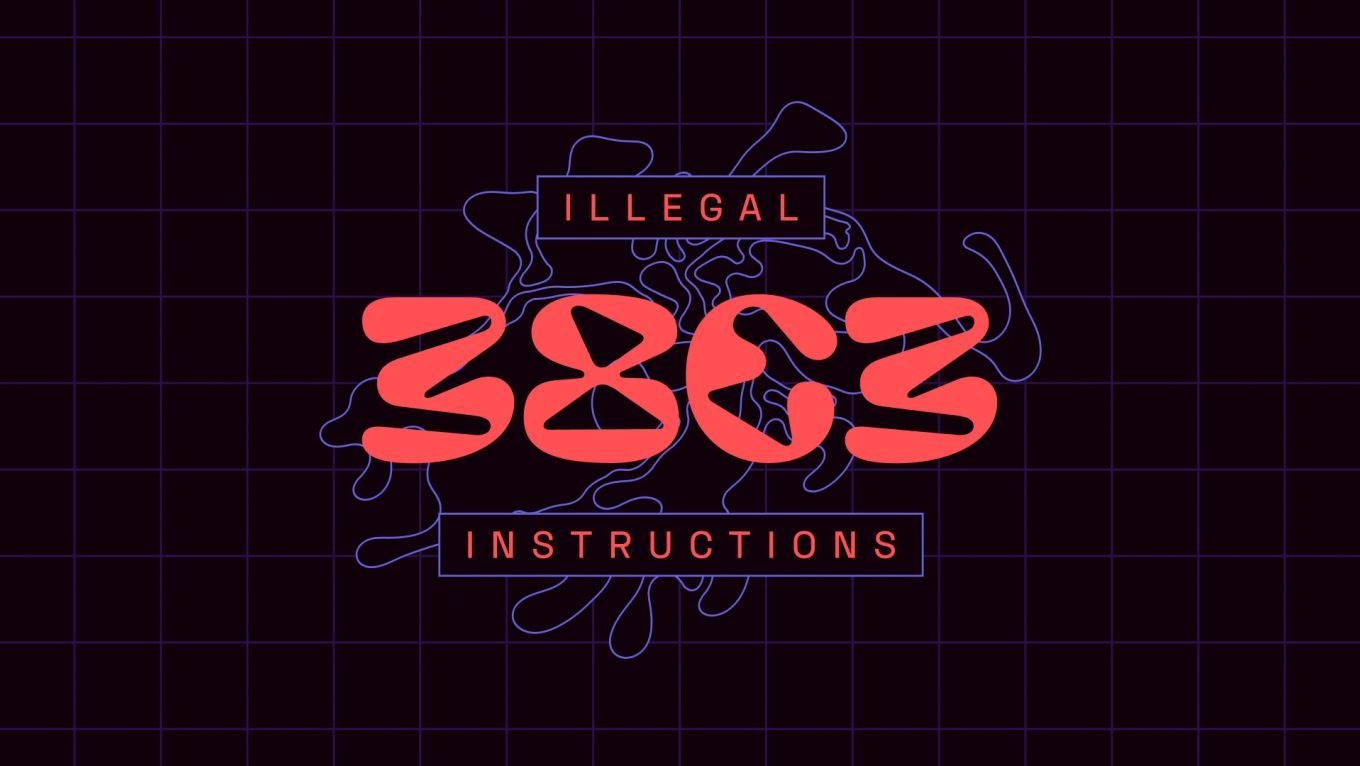From Critical Making via unmaking towards (un)making
In this talk, an advocate of (un)making, Yoshinari Nishiki, dives into the historical foundation of the concept. Starting from the Maker movement, transitioning to Critical Making, evolving into unmaking, and culminating in (un)making, Yoshinari emphasizes a process defined by the deliberate absence of production, where (un)making itself embodies the act of not producing. Unmaking is a newly emerged term in the fields of HCI and design that references the idea of unlearning. In unmaking, researchers have explored the realms of making beyond the pursuit of plastic perfection: one prominent study investigated the aesthetics found in the processes of decay in 3D-printed objects. In (un)making, however—a variant of unmaking—Yoshinari attempts to step away from production itself while still generating monetary value.
As profit-making entities increasingly face pressure to claim—whether superficially or substantially—that they are reducing their environmental impact, the overall trend of relentless production remains largely unchanged and unchallenged. This raises a critical question: can we ever truly stop making? One reason we find it nearly impossible to stop is that the urge to make is deeply ingrained in our nervous systems.
While pioneering researchers have begun to explore this issue by moving beyond unlearning to the concept of unmaking, little insight has emerged regarding the dilemma of value creation. Put simply, people cannot stop making things because they need to keep earning. Universal Basic Income (UBI) is not a straightforward solution, as it could further reinforce the monetary logic of resource acquisition. Instead, we need to (re)develop skills to derive benefits from our surroundings with minimal effort.
This is precisely what Yoshinari Nishiki is exploring in his engineering PhD on (un)making. However, to address the historical complexities of production, it is essential to revisit the evolution of our modes of making. In this talk, Yoshinari carefully traces the origins of (un)making, from the Maker movement and Critical Making to the emerging concepts of unmaking and (un)making.
Additional information
| Live Stream | https://streaming.media.ccc.de/38c3/huff |
|---|---|
| Type | Talk 40 (30min +10 Q&A) |
| Language | English |
More sessions
| 12/27/24 |
Exploring the security of the new iPhone Mirroring feature as well as the current threat model of the iOS ecosystem
|
| 12/27/24 |
Das neue Gesetz über die Selbstbestimmung in Bezug auf den Geschlechtseintrag (SBGG) ist da und Menschen können endlich unkompliziert ihren Geschlechtseintrag und ihre Vornamen ändern lassen. Doch der Weg dahin ist nicht einfach. Kommt mit auf eine Roadshow gespickt mit Tipps und Erfahrungen, damit ihr eurer Ziel einfacher erreicht.
|
| 12/27/24 |
In a world of centralized internet control, building your own mesh network isn't just a technical challenge—it's digital independence. This beginner-friendly guide walks through creating resilient mesh networks using accessible hardware like LoRa and ESP devices. From antenna selection to node placement strategy, learn how to build networks that operate independently of traditional infrastructure.
|
| 12/27/24 |
End-users in cellular networks are at risk of connecting to fake base stations, and we show that mitigations pushed in 5G are insufficient.
|
| 12/27/24 |
Im Rahmen eines vom Prototype Fund geförderten Projektes entstand zusammen mit 4 Schulen die Open Source Software BinBa. Diese Software wurde in enger Zusammenarbeit mit den Schulen konzipiert, umgesetzt und in Betrieb genommen. In dem Talk soll der Weg über die Finanzierung mit Hilfe des Prototyp Funds, die Softwareentwicklung zusammen mit den LehrerInnen und SchülerInnen also auch die Inbetriebnahme beleuchtet werden.
|
| 12/27/24 |
Staatliche Repression aufgrund der Teilnahme an Demonstrationen oder wegen anderer politischer Tätigkeiten gehören zur leidigen Erfahrung von Aktivist*innen. Wir geben Tipps und diskutieren, wie man mit einigen, typisch auftretenden Situationen bzw. Repressionsmaßnahmen umgehen kann.
|
| 12/27/24 |
Wenn Sicherheitsforscher und Hacker Datenlecks direkt dem dafür Verantwortlichen melden, setzen sich u.U. strafrechtlichem Risiko aus oder werden auch mal schlicht ignoriert. Stattdessen kann es in der Praxis aber auch sinnvoll sein, die Möglichkeiten der DS-GVO und die Befugnisse der Datenschutz-Aufsichtsbehörden zu nutzen, um Sicherheitslücken schnell zu schließen.
|

